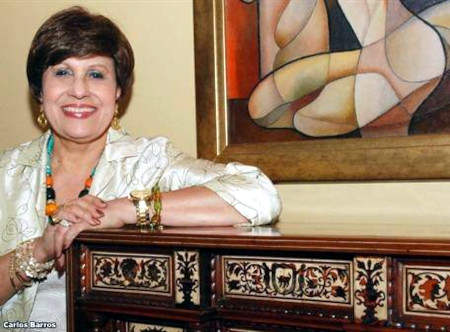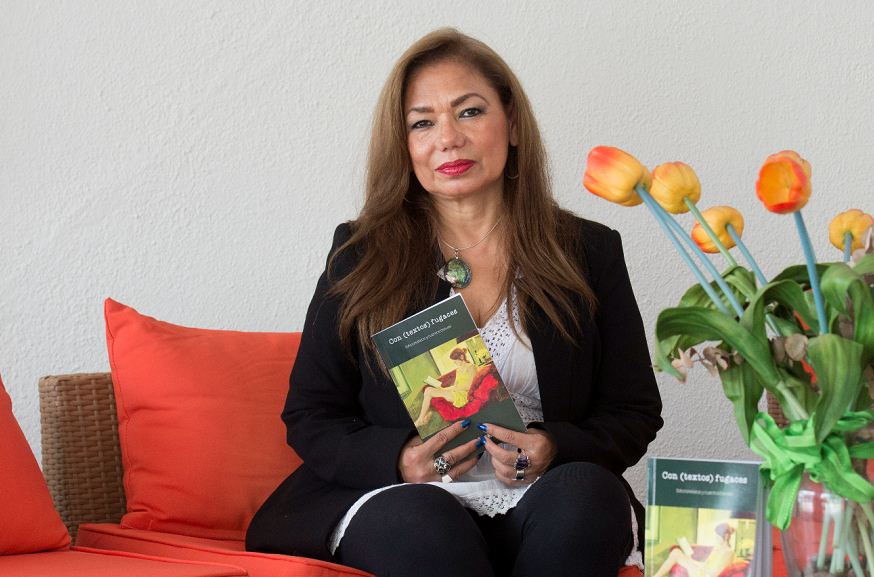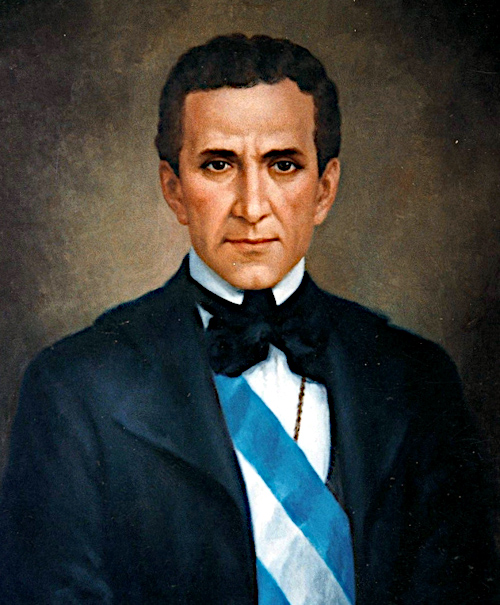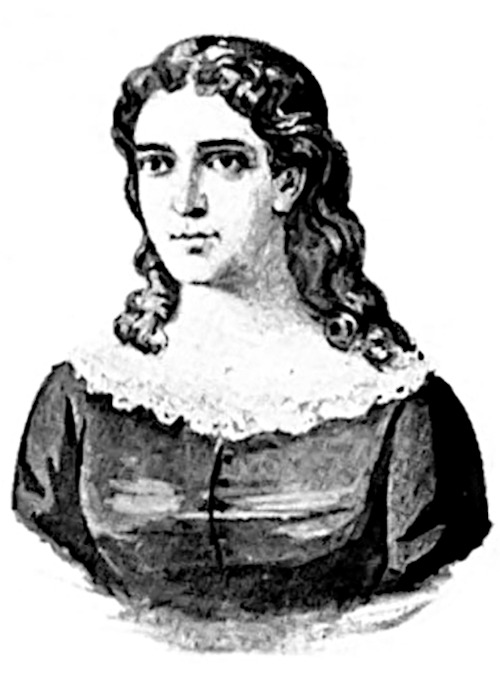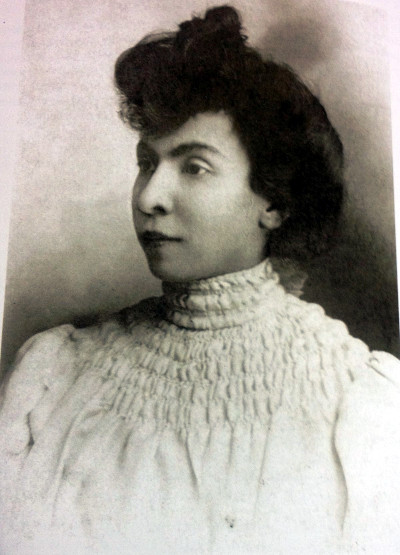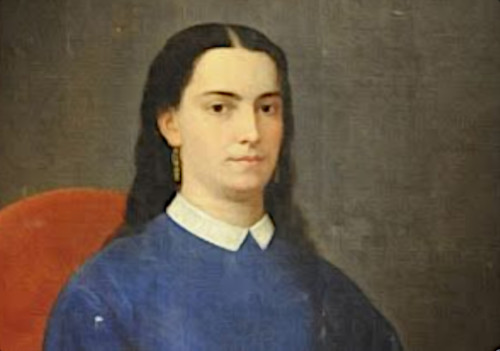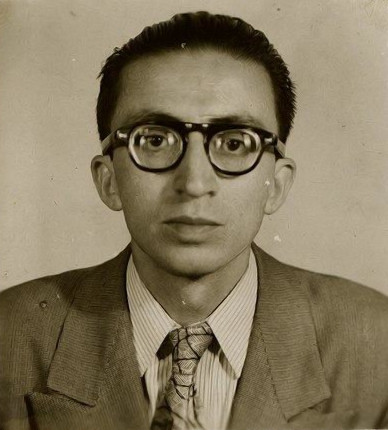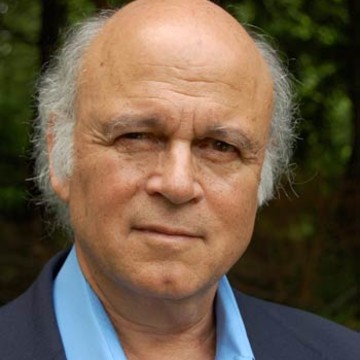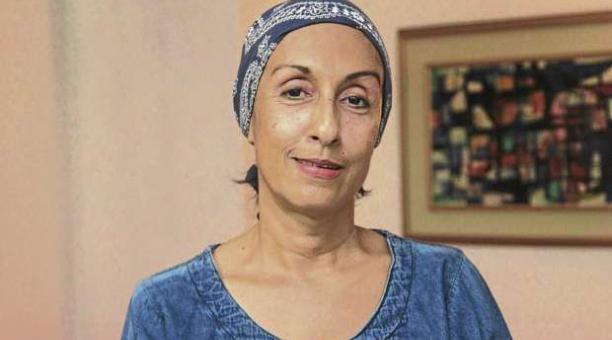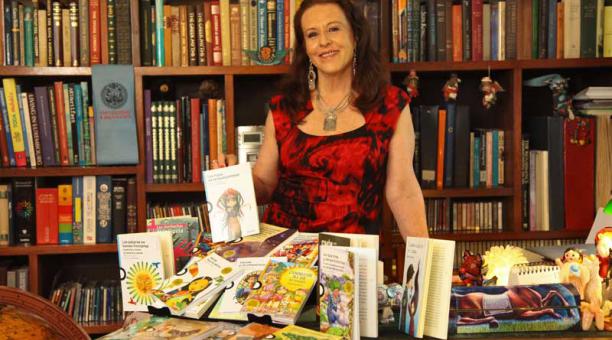Rosa Amelia Alvarado Roca (1944, Guayaquil) is an Ecuadorian writer and poet. In 1964 she founded the Guayaquil-based magazine Hogar, which became the biggest women’s magazine line in Ecuador. From 1967 to 1972, she worked in television as the director of programming at Channel 2 in Guayaquil, specializing in the creation of cultural programs. She is the president of the Guayas branch of the House of Ecuadorian Culture, and is a member of the Ecuadorian Academy of Language. Her most notable poems include: “Añoranza,” “Cosas Absurdas,” “De lo profano (II),” “El sermón de la montaña” and “La vida va y viene.”
Continue reading “Rosa Amelia Alvarado”Month: January 2021
Aminta Buenaño
Aminta del Rosario Buenaño Rugel (Santa Lucia, September 27, 1958) is an Ecuadorian writer, politician and diplomat. She has served as ambassador to Spain, Nicaragua, and Barbados, as well as vice president of the National Assembly of Ecuador. Her short stories have been published within and outside of Ecuador. Her 2011 novel “Si tú mueres primero” was a finalist of the XIII International Novel Competition of the City of Badajoz (Spain).
Continue reading “Aminta Buenaño”José Joaquín de Olmedo
José Joaquín de Olmedo y Maruri (Guayaquil, March 20, 1780 – Guayaquil, February 19, 1847) was a notable Ecuadorian poet, first mayor of Guayaquil, and former president of Ecuador. In his poetry, Olmedo emphasized patriotic themes. His best-known work is La victoria de Junín: Canto a Bolívar (1825; “The Victory at Junín: Song to Bolívar”), which commemorates the decisive battle won there by the forces of the liberator Simón Bolívar against the Spanish armies. It is considered by many critics the finest example of heroic poetry written in Spanish America.
Continue reading “José Joaquín de Olmedo”Dolores Veintimilla
Dolores Veintimilla de Galindo (Quito, 1829 – Cuenca, May 23, 1857) was an Ecuadorian poet. Veintemilla left few works, which were published posthumously in a collection entitled, “Producciones literarias,” by Celiano Monge in Quito. Her best known poem is “Quejas” (Laments). Her literary style is characterized by rhythmic and musical verse, and she hardly made use of metaphors or imagery in her poetry. She committed suicide on May 23, 1857 in Cuenca.
Continue reading “Dolores Veintimilla”Zoila Ugarte de Landívar
Zoila Ugarte de Landívar, also known by her pseudonym Zarelia (El Guabo, June 27, 1864 – Quito, November 16, 1969) was an Ecuadorian writer, journalist, librarian, sculpturist, educator, suffragist, and feminist. She was the first female journalist in Ecuador. Together with Hipatia Cárdenas de Bustamante, she was a key defender of women’s suffrage in Ecuador. As an early figure in the realm of female Ecuadorian journalists, her career began in the late 1880s. She began to use the journalistic pseudonym Zarelia in the weekly publication Tesoro del Hogar. In 1905 she founded La Mujer, the country’s first women’s magazine. As a teacher, Ugarte taught at various schools in Quito including the Liceo Fernández Madrid girls’ school and the Manuela Cañizares school. She also became the first female editor-in-chief of the political newspaper La Prensa in 1911. She served as president of Quito’s Press Circle.
Continue reading “Zoila Ugarte de Landívar”Manuela de la Santa Cruz y Espejo
Manuela de la Santa Cruz y Espejo, also known by her pseudonym Erophilia in her articles (Quito, December 20, 1753 – Quito, 1829) was an Ecuadorian journalist, nurse, feminist, and revolutionary. She was the sister of Eugenio Espejo, with whom she discussed and shared Enlightenment and revolutionary, pro-revolutionary thought and ideas.
César Dávila Andrade
César Dávila Andrade (Cuenca, Ecuador, October 5, 1918 – Caracas, Venezuela, May 2, 1967) was an Ecuadorian poet, writer and essayist, usually acclaimed as an outstanding member of the 1940 Madrugada Group. His interest in the strange and marvelous earned him the sobriquet,“el Fakir.” He is best known for his poetry, although he also wrote short novels, stories, essays and numerous newspaper articles. His works displayed elements of Neo-romanticism and surrealism. His best known poem, “Boletín y elegía de las mitas,” originally published in 1959, marked a milestone in Ecuadorian and Latin American literature. He spent much of his life in Caracas, Venezuela where he worked in the editorial staff of Zona Franca. For several years he served as cultural attaché at the Ecuadorian embassy. Death and transfiguration was a theme in his poems. In 1967, he committed suicide at the age of 48.
Continue reading “César Dávila Andrade”Alexis Levitin
Alexis Levitin is an American award-winning translator of poetry and prose from Spanish and Portuguese to English. Among his 40 books of translations, he has translated Ecuadorian authors such as Ana Minga (Tobacco Dogs, 2013), Santiago Vizcaino (Destruction in the Afternoon, 2015) and Carmen Váscones (Ultraje/Outrage, 2018). He has also translated the leading authors of Brazil and Portugal. He has received fellowships from the National Endowment for the Arts, the National Endowment for the Humanities, the Fulbright Commission, the Witter Bynner Foundation, the Gulbenkian Foundation, and Columbia University’s Translation Center, which awarded him the Fernando Pessoa Prize. A Distinguished Professor at SUNY Plattsburgh, he has given readings and lectures on translation at well over one hundred colleges and universities in the U.S., as well as institutions in Brazil, Portugal, Ecuador, the Czech Republic and France.
Continue reading “Alexis Levitin”Carmen Váscones
Carmen Váscones is an Ecuadorian writer, poet, literary critic, columnist, essayist and a clinical psychologist. She was born in Samborondón in 1958. She earned a degree in Psychology in 1983 and in Clinical Psychologist in 1984. She won the Cesar Dávila Andrade Poetry Biennial Prize (Cuenca, 1993) for Memorial aun acantilado, top Mention at the Ismael Pérez Pazmiño Poetry Contest (El Universo, Guayaquil, 1996) for Aguaje. In 1998 she received an award from the Ministry of Education and Culture of Ecuador, in 2001 she received an award from the National Congress of Ecuador for “her practice of teaching and the cultivation of beautiful letters,” and in 2002 she received the Cultural Educational Merit (Ministry of Education and Culture of Ecuador). As a psychologist, Váscones works with abused children and their mothers. Her book ULTRAJE / OUTRAGE was translated into English by Alexis Levitin in 2018.
Continue reading “Carmen Váscones”Edna Iturralde
Edna Iturralde De Howitt (Quito, May 10, 1948) is Ecuador’s most important and prolific authors of children and young adult’s literature. She has written 62 books. She has won various prizes and nominations within and outside her country. Among the most important of these are the Dario Guevara Mavorga National Prize for Children’s Literature in Ecuador in 2001, the Skipping Stones Award in the United States in 2002 and 2005, and the Mention of Honor of the Municipality of Quito in 2003 and 2004. She has been nominated twice, in 2012 and 2013, for the Astrid Lindgren Memorial Award (ALMA). Her work was selected by the SEP within the competition of the Mexican Ministry of Education in 2003 and 2005. In 2005, two of her books were nominated for the Ecuadorian Honor List of IBBY (International Board of Books for the Young). She was a 2014 International Latino Book Awards Finalist. She is the president of the Ecuadorian Academy of Children and Juvenile Literature, which is associated with the Latin American Academy of Children and Juvenile Literature. Several of her books has been translated into English.
Continue reading “Edna Iturralde”
